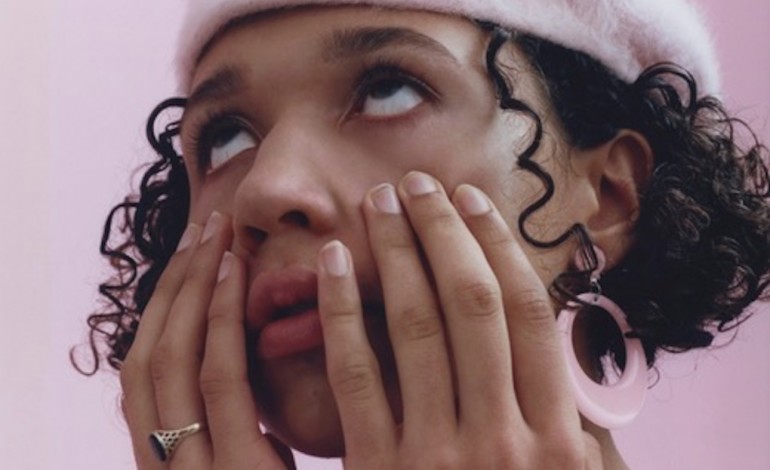
On 28th August Lava La Rue, up-and-coming musician and founder of NiNE8 Collective, released a 14-minute-long documentary about West London free party culture. The short doc, called West Born, was filmed two years ago with FOREVER FILMS but only just released, in honour of Notting Hill Carnival.
2 years ago I made a documentary with FOREVER FILMS about growing up around West London free party culture – in light of official #NottingHillCarnival being cancelled we decided to put it out to the world@NOWNESS just put it as their pick of the week https://t.co/8NSSLDmqdT pic.twitter.com/jQ33Y0ez4O
— LAVA LA RUE (@lavalarue) August 28, 2020
In the video, Lava La Rue talks about the DIY rave culture in West London in the 90s. The Windrush movement that started in the 1950s brought an influx of Caribbean people to Notting Hill and Portobello. At this time, ‘Caribbean people weren’t welcome in the clubs‘ so ‘had to move the party elsewhere‘. Elsewhere was the ‘crumbling West London terraces‘ that now cost around £4 million. At these ‘blues parties‘, Stranger Cole and Patsy Todd would blast out of the sound-system.
In West Born, La Rue tells us her parents arrived in England in the 1990s. Gone were the ‘blues parties‘ and in their place was an evolving rave scene based on a DIY community ethos. Lava La Rue talks about these days fondly, though she experienced them through the lens of childhood. ‘I was around sound-systems and thumping booming music from a very young age… [I was] the little kid running around barefoot while everyones on a trippy one‘.
It was an unorthodox childhood, but one she enjoyed thoroughly. So much so that she wanted to start putting on similar parties in her teens, desiring to ‘curate a space‘ that felt safe and shared the community values of the ones her parents went to.
In the documentary, she and musician Louis Culture discuss East v. West in terms of nightlife. Louis contends that East is ‘kind of winning’ at the moment, and Lava agrees ‘there’s been an attack on the arts in West… for some reason securing a venue in West is difficult to obtain… it’s the prices, they’ve not made it accessible to locals.’
Toward the end of the video, Lava La Rue stands on Tavistock Road talking listening intently to Leslie Palmer, Trinidadian community activist and one of the pioneers of Notting Hill Carnival back in the mid 1960s. Palmer’s vision was that people from different Afro-Caribbean communities would come together to make Carnival bigger and better. This was certainly achieved as Carnival is now a festival of thousands from all different cultures.
Lava La Rue holds Carnival close to her heart, saying in Vogue that her first carnival was ‘in the womb‘. This intimate connection makes her documentary both authentic and inspiring to watch.
